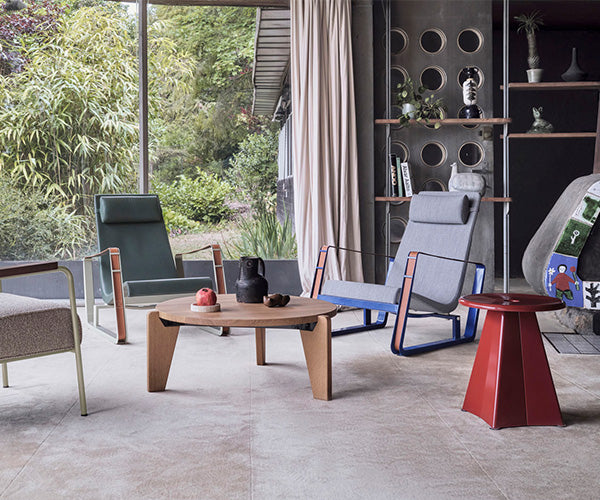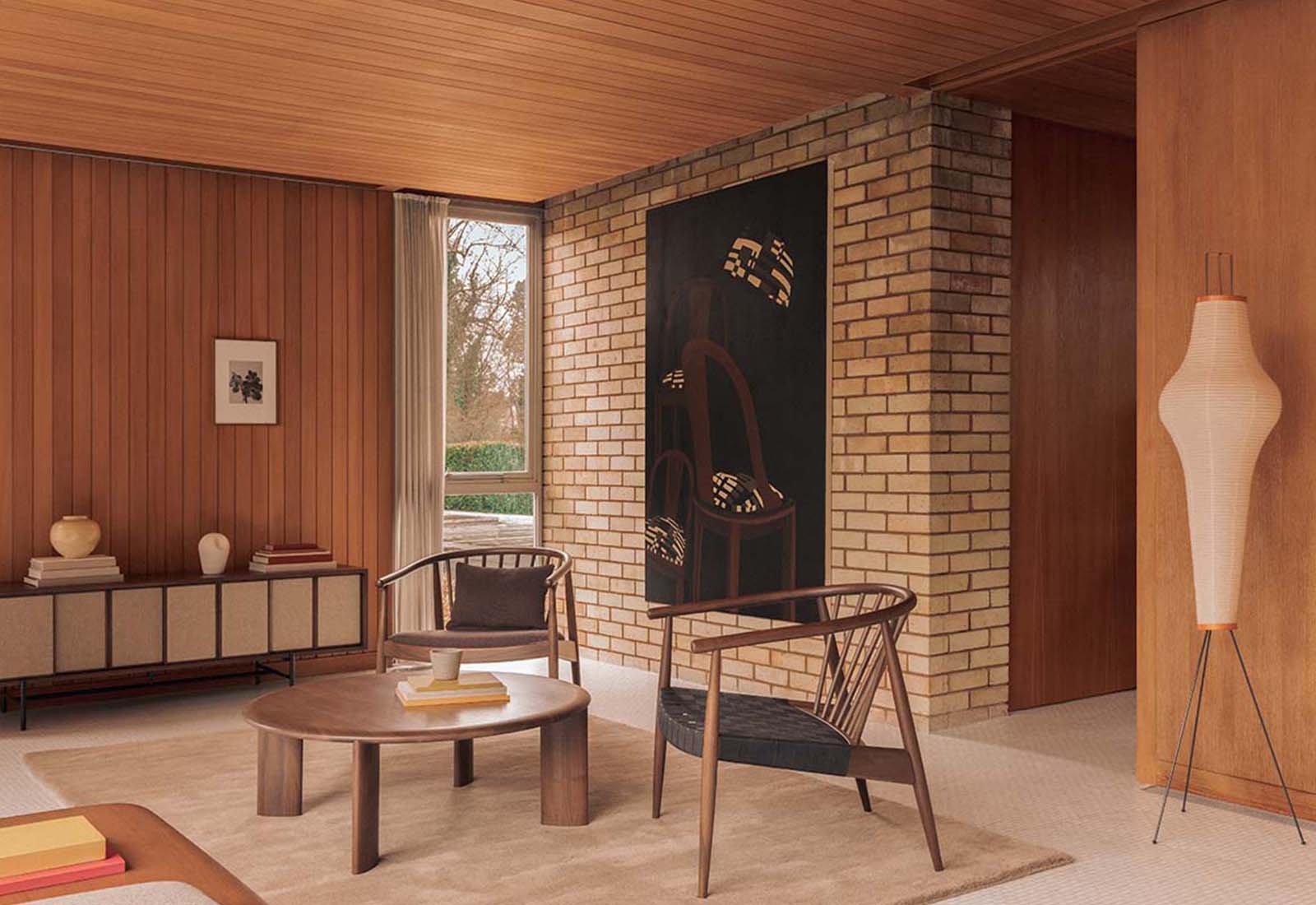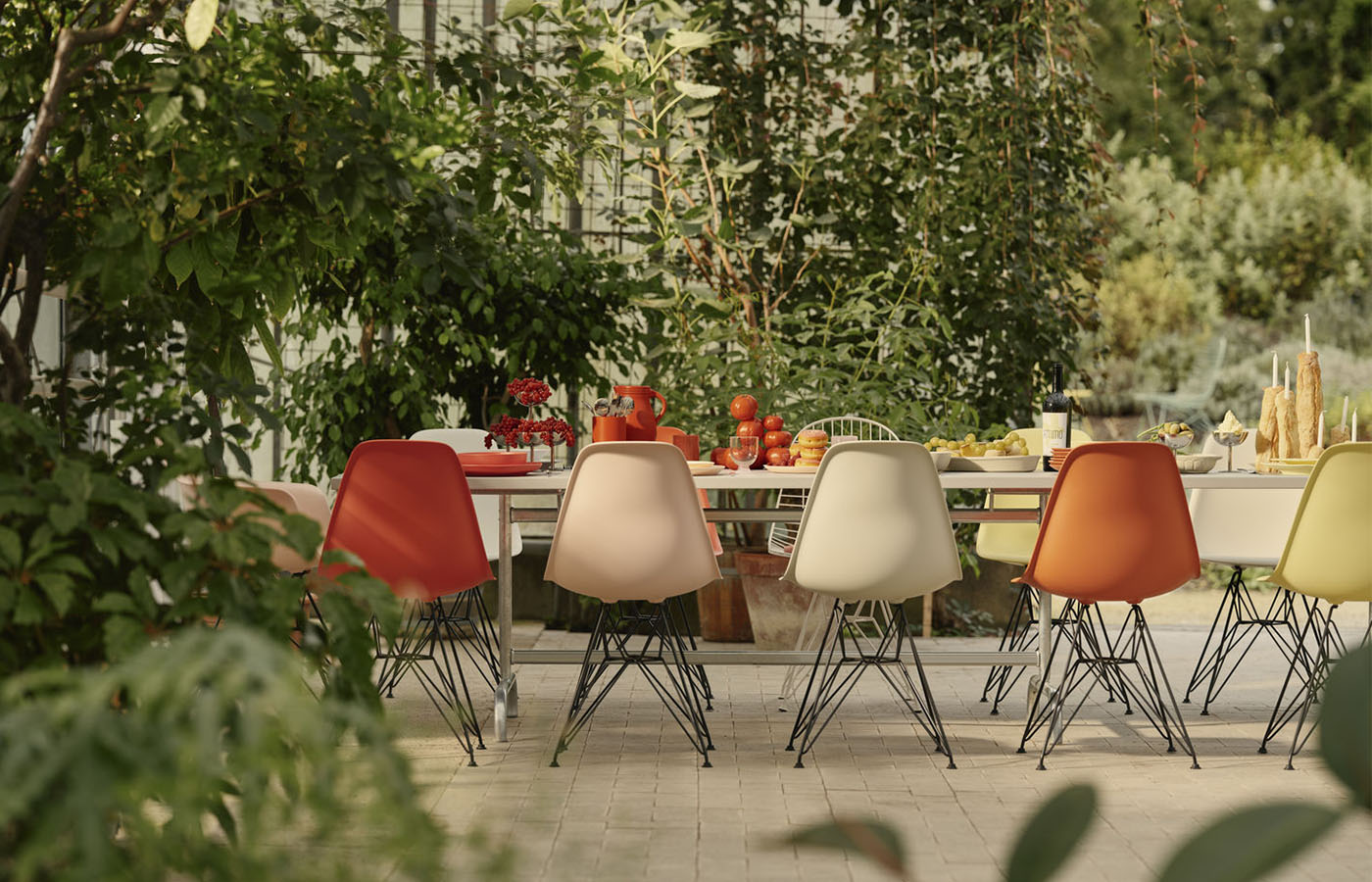Both Matt and I are big fans of L.Ercolani - the sister brand to Ercol - and so are you!
According to Salon del Mobile, they are ‘A hundred-year-old company that has made craftsmanship and the value of human capital its byword, and solid wood its mouthpiece”.
As Ercol celebrated its centenary back in 2020, L.Ercolani is something both old and new. L.Ercolani, pays homage to Lucian’s legacy through the archives (previously known as Originals) but also acts as a contemporary and forward looking platform with collaborations with global names such as Norm Architects, Lars Beller and Matthew Hilton.
According to Henry Tadros, fourth generation Chairman of Ercol and Creative Director of L.Ercolani says:
"We believe that the key parameters in quality furniture are form and function. Our furniture is designed with delicate visuals and soft, haptic qualities that make every space, from intimate residences to corporate office environments, warm and inviting."
With it’s commitment to using the best wood, providing a better life to its employees and DNA of one of the most popular British furniture manufacturers, we wanted to share a bit more about the business and it’s commitment to both people and planet.

Social responsibility is at the heart of the business
“Without loyalty no human enterprise can succeed.”
Lucian Ercolani saw it as his social responsibility to give meaningful work to the local population in High Wycombe. He was at the forefront of work unions. He was a very good employer; very different to the other furniture makers at that time, he was always looking after the welfare of his employees. Many of Ercol’s employees have spent their whole careers there.
Social responsibility was also a driver for Henry Tadros in creating L.Ercolani:
“I also wanted to increase the work coming out of our factory, to follow in Lucian’s determination to create more work, and a better life for our employees. His sense of social responsibility runs deep.”
a symbiotic relationship with nature
The fundamental story behind the brand and the wood is central to the Ercol and L.Ercolani brand we know today. They used to have their own sawmill that employed a hundred and fifty people just near the factory in High Wycombe. Working primarily with beech and elm, they swapped to ash in 2017 because of Dutch Elm Disease.
Today they work with Grown in Britain, a forestry charity. The partnership will drive direct investment into the British timber industry, with the vision of establishing a home-grown supply chain and maintain British woodlands.
Sustainability and a 360 degree respect for people and the planet are part of the DNA. Their factory in Princes Risborough, Buckinghamshire (featured recently on the BBC’s Inside the Factory) is heated by a biomass boiler, fuelled by factory waste. Ercol’s products have always been designed to last, and today there are a number of options to reupholster and repair pieces.

l.ercolani canvas cabinet
Designed by Copenhagen’s Norm Architects, the Canvas Sideboard features a series of sliding
doors that are designed to look separate but are, in fact, bound together by a hidden handle, seamlessly tucked away into the wooden groove. The doors can be chosen in fabric panels to soften the overall look further.

l.ercolani plank table
Designed by Lucian Ercolani in 1956, the table’s rounded, soft-moulded edges and balanced profile makes this a firm favourite. Constructed out of solid ash the table comes in a number of bespoke finishes including the new, bold MODERN TONES series by Christian Møller Andersen.

l. ercolani utility counter stool
A favourite of creators today, The Utility Counter Stool designed in 1956 was originally custom-built as seating for L.Ercolani’s team of designers when sketching in the factory. Today it stands out for its classically tapered and outward-facing legs - a trademark detail of the Windsor craftsmanship.

further reading
What makes a happy home with Henry Tadros, Chairman of Ercol and L.Ercolani
Salon del Mobile on the Ercol Story
Henry Tadros on timber resources at Making Good at the V&A Museum







Leave a comment (all fields required)